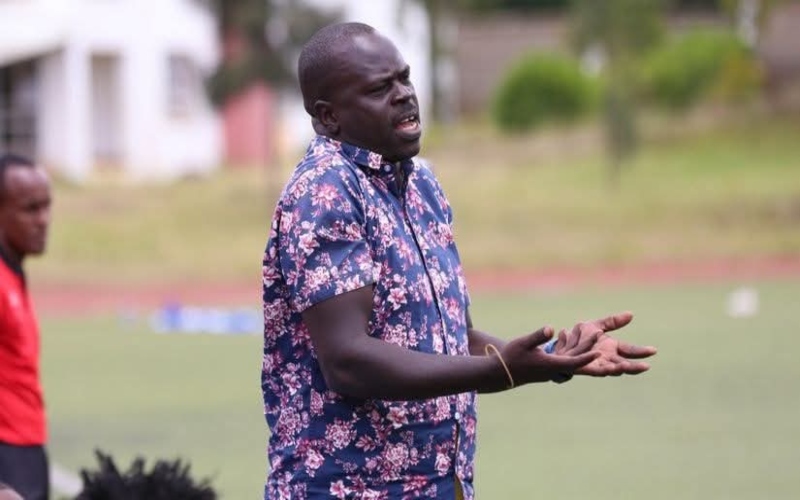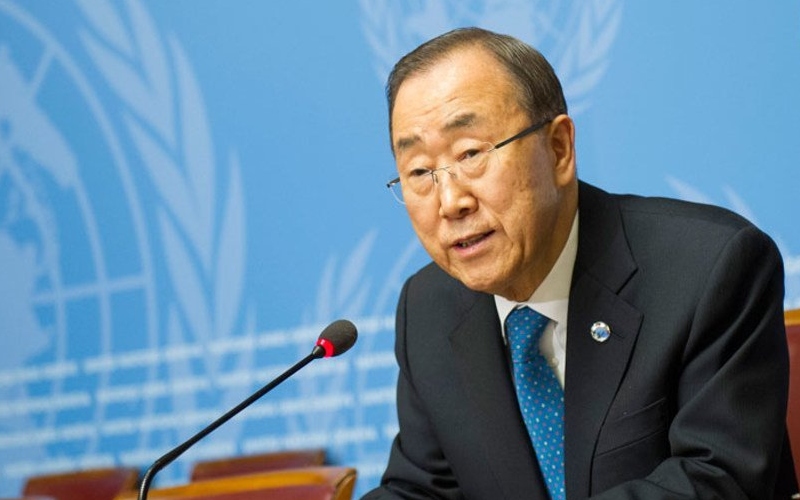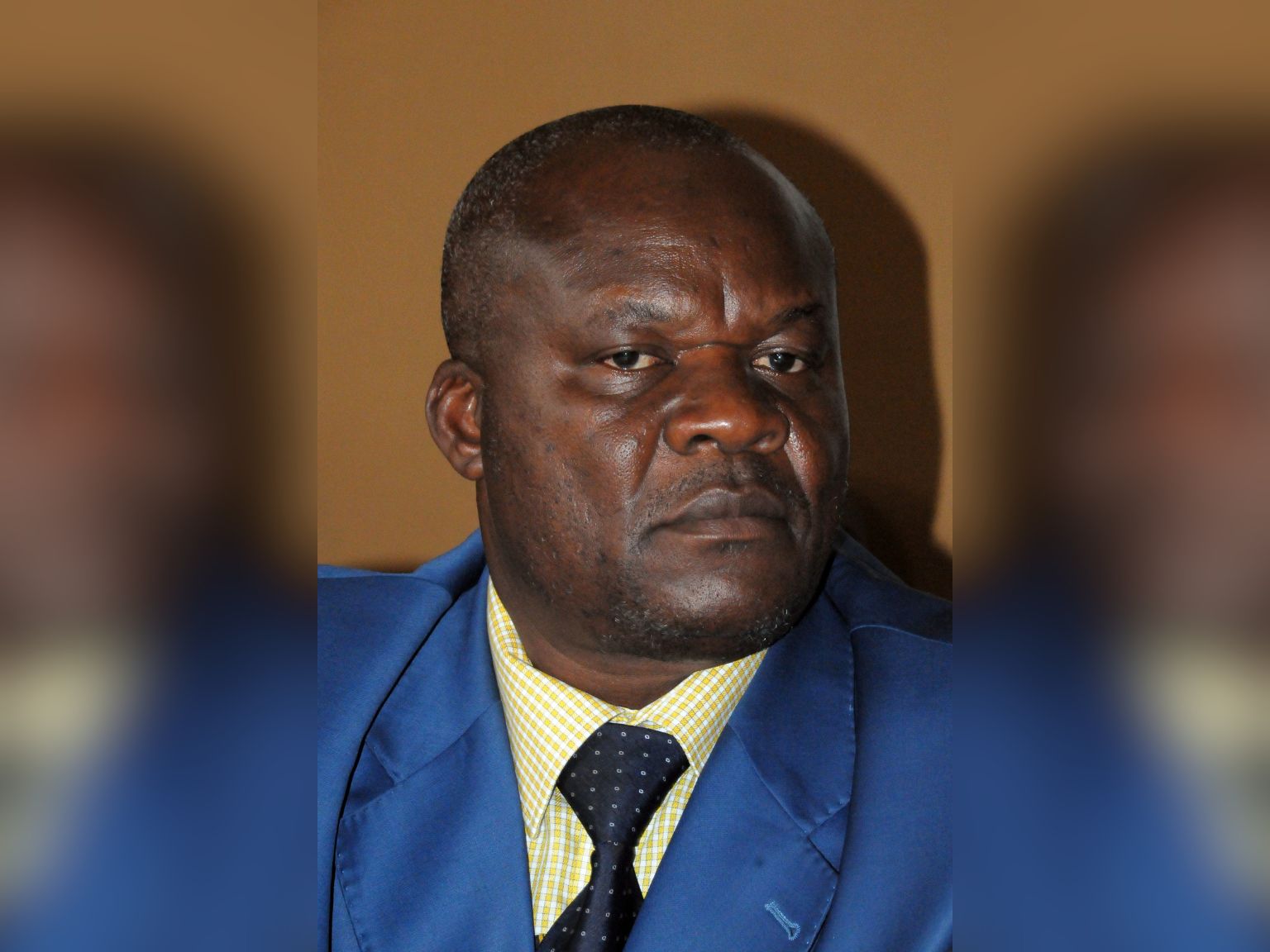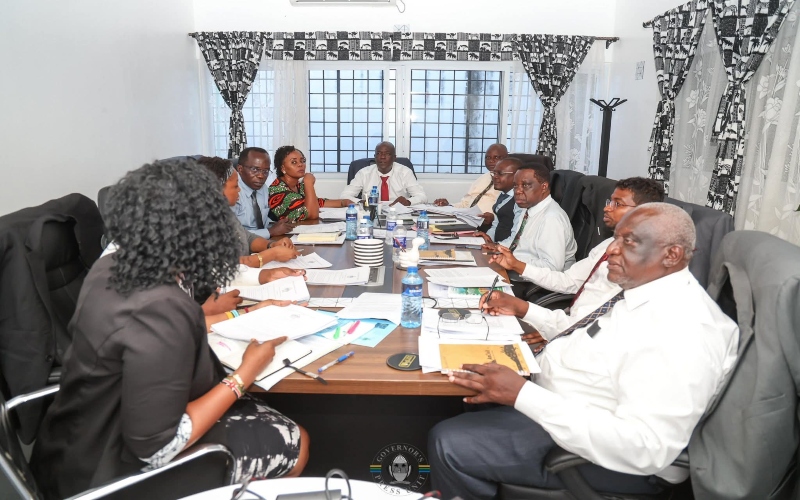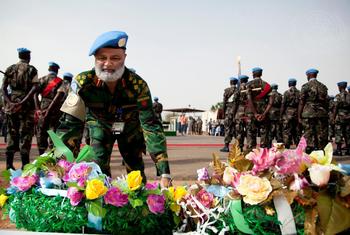Senator Omtatah files petition seeking to declare National Tallying Centre unconstitutional in presidential elections

The petitioner, Busia Senator Okiya Omtatah, argues that the current system of centralised verification not only duplicates work already done at the constituency level but also opens the door to delays, interference and lack of transparency.
A petition has been filed in the High Court seeking to declare the National Tallying Centre for presidential elections unconstitutional and restore the finality of results at the constituency level.
The petitioner, Busia Senator Okiya Omtatah, argues that the current system of centralised verification not only duplicates work already done at the constituency level but also opens the door to delays, interference and lack of transparency.
More To Read
- Parallel statements expose deepening rift in 'United Opposition'
- Gachagua’s divisive remarks spark rift in United Opposition, draw backlash from allies
- IEBC reports over 99 per cent KIEMS kit success in November 27 by-elections
- Full implementation of NADCO report puts UDA–ODM pre-election alliance under pressure
- Ruto and Oburu strengthen UDA-ODM alliance after by-election win
- Church leaders warn of by-election violence ahead of 2027 polls
The Constitutional Petition No. E757 of 2025 challenges the constitutionality of the National Tallying Centre, Section 39 of the Elections Act and Regulation 83(2), which create county and national verification layers, the powers of County Returning Officers and the IEBC Chairperson to alter, verify, or re-tally constituency results and the practice of delaying public access to results. The petition specifically targets the National Tallying Centre, which Omtatah describes as an unlawful parallel system that undermines the integrity of presidential elections.
“I have filed this petition to defend the integrity of Kenya’s presidential election process and to uphold the Constitution of Kenya, 2010,” Omtatah said.
The senator argues that the Constitution clearly mandates that presidential results are tallied, verified, and declared at the 290 constituencies, and those results are final and binding. The role of the IEBC Chairperson under Article 138(10) is strictly clerical: to add up constituency results and declare the winner.
Omtatah notes that the Chairperson cannot verify, re-tally, alter or overturn any constituency result.
“No law or regulation may introduce a second layer of verification at the county or national level,” he says.
However, Omtatah expressed concern that “current laws and IEBC practice unlawfully create a parallel system of verification at the National Tallying Centre, which treats final constituency results as provisional, enables interference, manipulation and delays, undermines transparency, and fuels mistrust, violating the people’s sovereign will as expressed at the constituency level.”
The petition now seeks several declarations, including abolition of the National Tallying Centre as currently constituted, quashing of unconstitutional provisions in the Elections Act and Regulations, immediate public posting of final constituency results at each constituency and restoration of strict compliance with Articles 86 and 138 of the Constitution.
Omtatah is also seeking the removal of illegal verification powers from County Returning Officers and the IEBC Chairperson.
Explaining the core argument in simpler terms, Omtatah said, “Once the Constituency Returning Officer counts the votes, tallies the polling station (Forms 34A), announces the result on Form 34B and posts it publicly, that result is final and binding. The IEBC Chairperson’s only role is to add up these final constituency results and declare the president-elect.”
He criticised the current system for creating a second verification stage at the National Tallying Centre, which he says was the source of disputes, delays and suspected manipulation in the 2013, 2017, and 2022 elections. He added that reliance solely on the IEBC’s online portal limits public access, especially in rural areas.
“The results must also be posted physically at the constituency level and the media must be free to announce them immediately,” he said.
The petition lists the IEBC, the Attorney General, the National Assembly, the Senate and the IEBC Chairperson as respondents.
The Katiba Institute has been admitted as an interested party due to its expertise in constitutional law.
“Our democracy must be anchored not on improvised systems, but on the letter and spirit of our Constitution. This petition is part of my continued commitment to defend the rule of law, protect the sovereign will of the people, and secure free, fair, and credible elections,” Omtatah said, stressing the broader significance of the petition.
He said if successful, the petition would fundamentally transform the management of presidential elections from 2027 onwards, eliminating the so-called “Bomas drama,” ensuring transparency, decentralisation and public trust in the electoral process.
Top Stories Today

